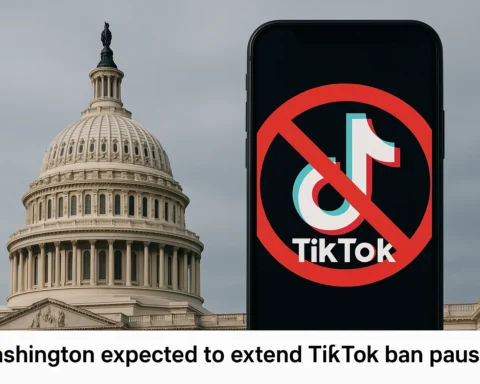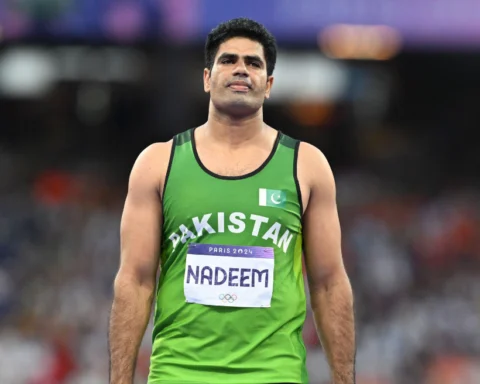Key Points – Pakistan Calls for Tech Integration in UN Peacekeeping
Use of Advanced Technologies
-
Ambassador Asim Iftikhar Ahmad, Pakistan’s envoy to the UN, emphasized integrating advanced sensing technologies like drones and satellite imagery for real-time situational awareness and more efficient ceasefire monitoring.
-
Highlighted that such tools can enhance effectiveness at lower costs, especially in fragile and unpredictable conflict zones.
Historic and Ongoing Role of Peacekeeping
-
Recalled the enduring role of early missions like UNTSO and UNMOGIP, including ongoing monitoring in Jammu and Kashmir, Golan Heights, Cyprus, and other hotspots.
-
Stated that UN peacekeeping remains cost-effective and impactful, especially when backed by strong diplomatic engagement and political will.
Strategic Peacebuilding Goals
-
Urged the Security Council to leverage ceasefire conditions to advance political processes and ensure just, lasting resolutions—Jammu and Kashmir was cited as a prime example.
-
Called for timely and credible reporting of ceasefire violations to keep the Security Council informed.
Pakistan’s Peacekeeping Contributions
-
Pakistan is one of the largest troop contributors to UN peacekeeping missions globally.
-
Next week, it will co-host a Peacekeeping Ministerial Preparatory Meeting with South Korea in Islamabad.
-
Pakistan is also collaborating with Denmark and South Korea to prioritize peacekeeping on the global agenda.
Support for Peacekeepers
-
Ambassador Asim honored the sacrifice of 4,423 fallen peacekeepers, including 181 Pakistanis.
-
Stressed the importance of mobility, specialized training, collaboration with regional bodies, and accountability for attacks on peacekeepers.
-
Proposed more training on ceasefire agreements and better preparedness against landmines and IEDs.
UN Perspective on Peacekeeping
-
Jean-Pierre Lacroix, head of UN Peace Operations, noted that monitoring must go beyond presence, requiring fast, informed responses enabled by tech.
-
Lt. Gen. Lázaro, from UNIFIL, discussed challenges of misinformation and how UN peacekeepers must now counter false narratives to maintain credibility and trust.
Pakistan’s call to integrate cutting-edge technology into UN peacekeeping reflects a forward-looking approach to modern conflict management. By leveraging tools like drones, real-time data, and structured communication, peacekeeping missions can become more agile, transparent, and impactful. Pakistan’s longstanding commitment and sacrifices further reinforce its leadership role in shaping a more effective and technologically equipped UN peacekeeping framework.







